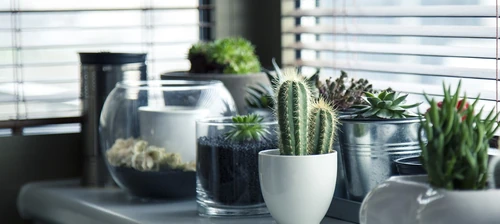Our growing guides
88
Results
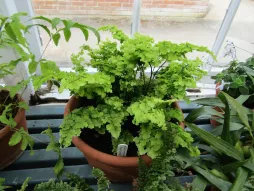
Raddi's capillary
Adiantum raddianum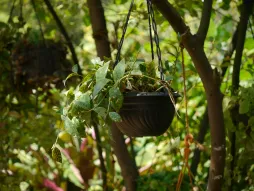
Aeschynanthus longicaulis
Aeschynanthus longicaulis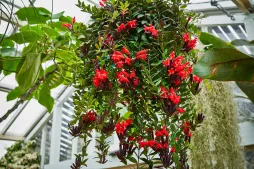
Aeschynanthus pulcher
Aeschynanthus pulcher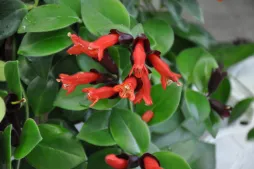
Aeschynanthus 'Mona Lisa'
Aeschynanthus pulcher 'Mona Lisa'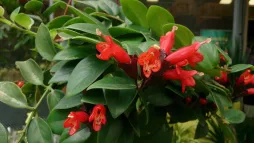
Aeschynanthus radicans
Aeschynanthus radicans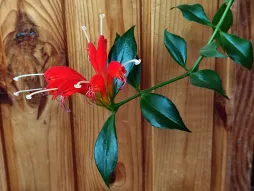
Aeschynanthus speciosus
Aeschynanthus speciosus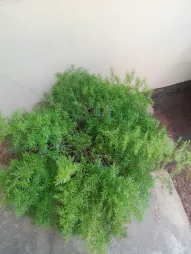
Asparagus sprengeri
Asparagus aethiopicus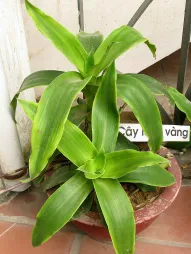
Callisie odorante
Callisia fragrans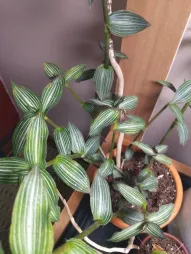
Callisia gentlei
Callisia gentlei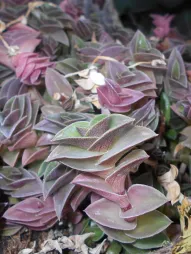
Callisia navicularis
Callisia navicularis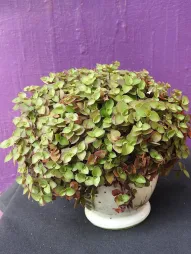
Creeping Callisia
Callisia repens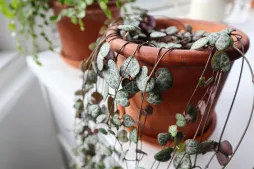
Chain of hearts
Ceropegia woodii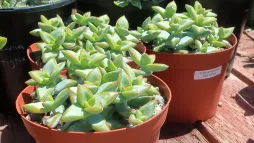
Crassula rupestris
Crassula rupestris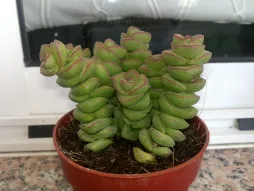
Crassula marnieriana
Crassula rupestris subsp. marnieriana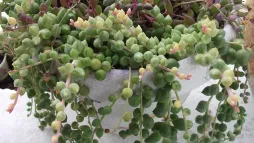
Curio rowleyanus
Curio rowleyanus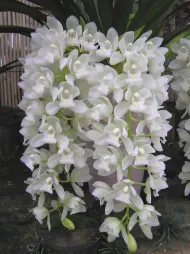
Cymbidium Sarah Jean
Cymbidium Sarah Jean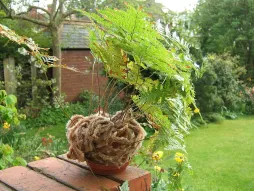
Davallia canariensis
Davallia canariensis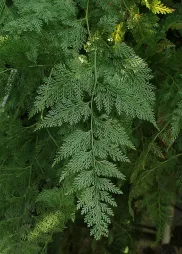
Davallia fejeensis
Davallia fejeensis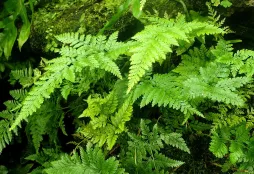
Squirrel's foot fern
Davallia trichomanoides
Davallia tyermannii
Davallia tyermannii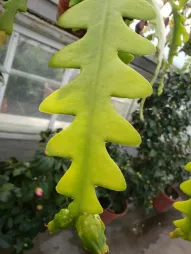
Cactus zigzag
Disocactus anguliger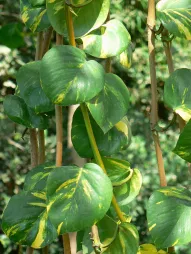
Pothos
Epipremnum aureum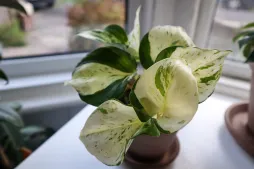
Pothos 'Manjula
Epipremnum aureum 'Manjula'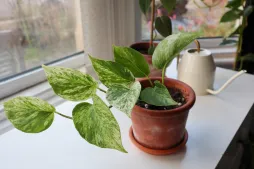
Pothos 'Marble Queen
Epipremnum aureum 'Marble Queen'Hanging plants
No need to look for hanging plants in the Cronquist classification. This category has more to do with interior design than botany. But science can help you find the variety that will look best in your living room.
Climbing or creeping plants, the queens of hanging baskets
If their size allows, all plants can be placed at the top of a shelf or in a hanging pot. However, for a cascade of leaves, it's best to choose certain species.
In nature, climbing plants cling to and climb along their supports. In the absence of a support, they adopt a drooping habit. Their vines are naturally oriented downwards.
In the open ground, creeping plants and groundcovers anchor themselves in the substrate. In pots, they find no support. Their stems and runners hang down like a plant curtain.
In their natural environment, epiphytic plants grow without contact with the soil. They don't need soil and can cling to a tree, a wall or any other support. At home, they make original hanging baskets that don't need soil to flourish. Slate, branches, shells... give free rein to your creativity to show them off to their best advantage.
In nature, climbing plants cling to and climb along their supports. In the absence of a support, they adopt a drooping habit. Their vines are naturally oriented downwards.
In the open ground, creeping plants and groundcovers anchor themselves in the substrate. In pots, they find no support. Their stems and runners hang down like a plant curtain.
In their natural environment, epiphytic plants grow without contact with the soil. They don't need soil and can cling to a tree, a wall or any other support. At home, they make original hanging baskets that don't need soil to flourish. Slate, branches, shells... give free rein to your creativity to show them off to their best advantage.
Which hanging plants to choose?
Gaining height saves space. By installing tropical green plants such as {{ link_to_variety("01FM55DNQ14KBJK8RPJR34N4B1", "singular_name") }}, {{ link_to_variety("01FX09GX8QB0AJ7B2ES1E8C32V", "singular_name") }} and Pothos in hanging pots, you can add greenery to every corner of your apartment. If you're in the mood for originality, opt for an epiphyte like {{ link_to_variety("01FXR2DR0K461ARCPBGQ4JC0J3", "singular_name") }}.
Gardeners didn't wait for the trend towards plant decoration to discover hanging baskets. Our grandmothers were already hanging their geraniums and begonias outside. If you'd like to brighten up a rather dreary facade, opt for a tricolored ipomoea, a tiger fern and ivy in a window box.
Gardeners didn't wait for the trend towards plant decoration to discover hanging baskets. Our grandmothers were already hanging their geraniums and begonias outside. If you'd like to brighten up a rather dreary facade, opt for a tricolored ipomoea, a tiger fern and ivy in a window box.


